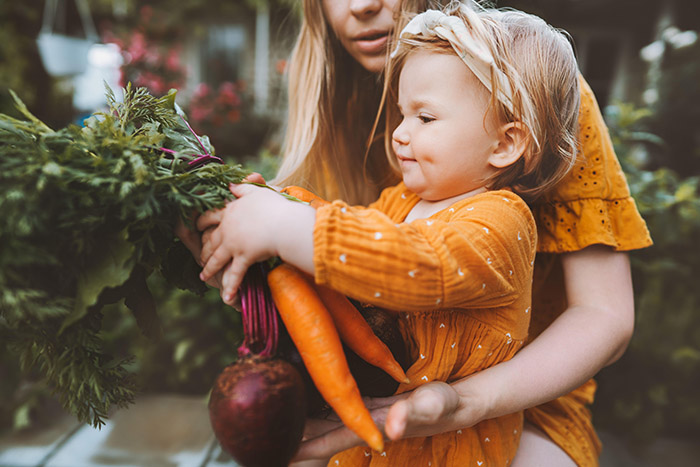Why we need a regenerative food system

When it comes to interconnected farm and food systems, aiming for sustainability is simply no longer enough. Urgent, transformative change is needed.
Climate change and environmental threats like the degradation of forests, land, soil and waterways are impacting farmers and communities globally. These threats put farmer livelihoods at risk and jeopardise the accessibility and availability of quality food.
We must help protect and restore nature’s resources – not just by putting back what’s being taken out, but through widespread regeneration.
The obvious place to start, for those involved in the food industry, is with regenerative agriculture – putting back heart into the land.
Regenerative agriculture
In September 2021, Nestlé announced plans to support and accelerate the transition to a regenerative food system - one that aims to:
- protect and restore the environment
- improve the livelihoods of farmers
- enhance the well-being of farming communities
In the UK, this collective work to create the food system of the future could not be more relevant or important. As the UK reshapes its food system outside the European Union, and post-pandemic, the government has published its National Food Strategy for the years ahead. By sharing our food system expertise, and collaborating with our stakeholders, we hope to contribute solutions to future food strategy in the UK and around the world.
Globally, we're investing CHF 1.2 billion (just under £1bn) into building regenerative agriculture practices by 2025. Our initiatives aim to protect ecosystems, enhance biodiversity and reduce emissions caused by farming in our supply chain.
But we want to go further.
Nestlé's aim is to co-create a sustainable and resilient food system for the future.

It's our mission to support the advancement of regenerative food systems at scale.
As well as healing past harms we need to grow our capacity for improving life. Not only the biodiversity of life on the planet, but the lives and livelihoods of those working in the food industry and the health of everyone at the end of the chain consuming the food produced. We need the food system to be regenerative - one that offers benefits at each link of the chain.
Regenerative agriculture is our first step, but we're committed to going further - creating a regenerative food system both locally in the UK, but globally too. Applying the same values and principles we've seen have a positive impact on agriculture, throughout the broader food system.
We believe that collaboration between the food industry and food system policy makers, civil society organisations and academia, can unlock new and transformative solutions.






